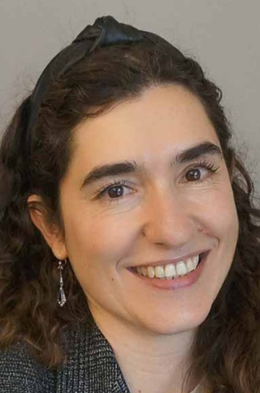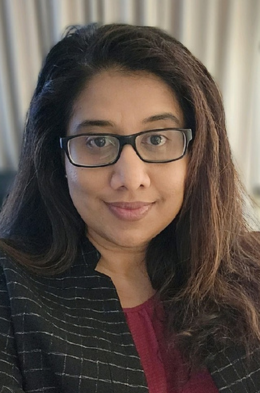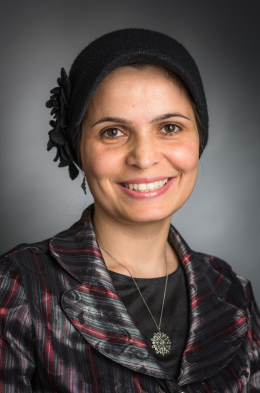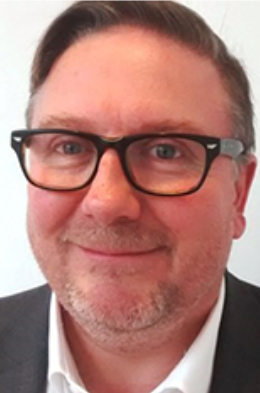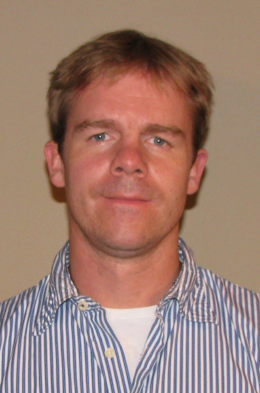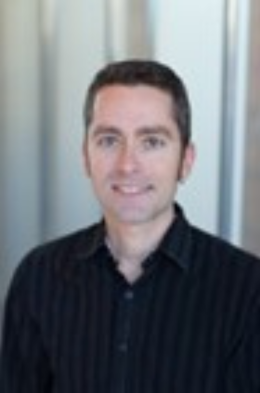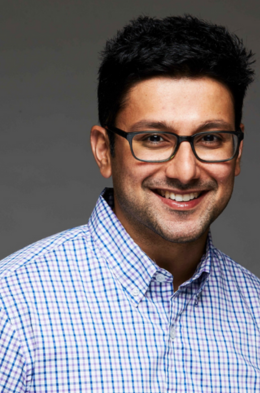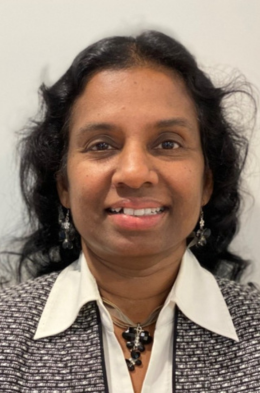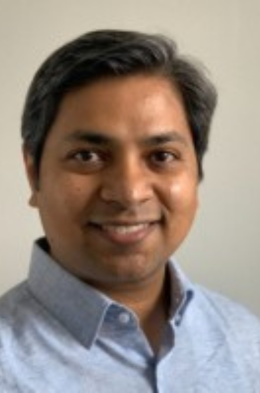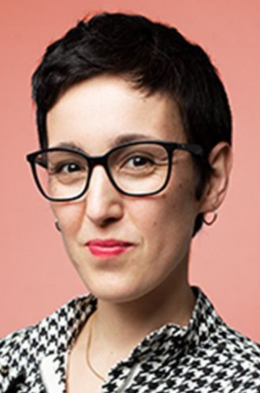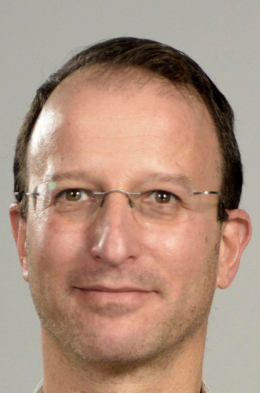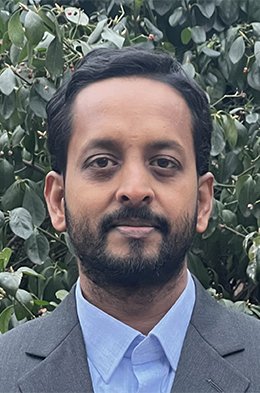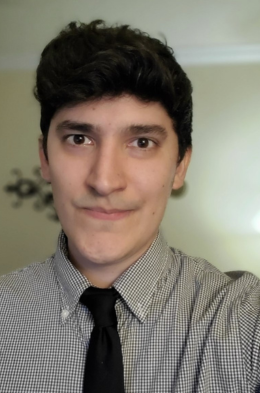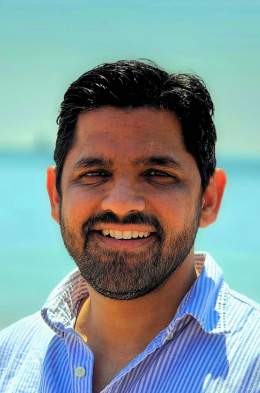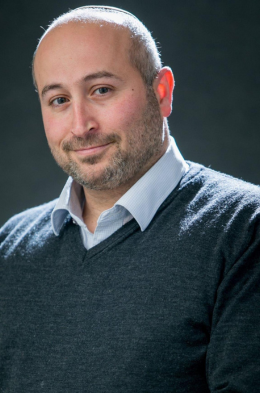Parveen Kumar works as a Senior Computational Scientist at Boehringer Ingelheim, CT, USA. He graduated with a PhD in the field of Bioinformatics for single-cell technology from University of Leuven, Belgium. Later, he joined The Jackson Laboratory in 2017 as a Computational Scientist and Boehringer Ingelheim in 2023 as senior Computational Scientist. He focuses on developing multi-omics computational approaches to analyze high-dimensional single-cell/ bulk sequencing datasets and their applications to characterize the underlying heterogeneity and biological networks in health and disease. Abdelfattah N, Kumar P, Wang C, Leu JS, Flynn WF, Gao R, Baskin DS, Pichumani K, Ijare OB, Wood SL, Powell SZ, Haviland DL, Parker Kerrigan BC, Lang FF, Prabhu SS, Huntoon KM, Jiang W, Kim BYS, George J, Yun K. Single-cell analysis of human glioma and immune cells identifies S100A4 as an immunotherapy target. Nat Commun. 2022 Feb 9;13(1):767. doi: 10.1038/s41467-022-28372-y. PubMed PMID: 35140215; PubMed Central PMCID: PMC8828877. https://www.ncbi.nlm.nih.gov/myncbi/1B3HNdp-5q25v/ bibliography/public/




